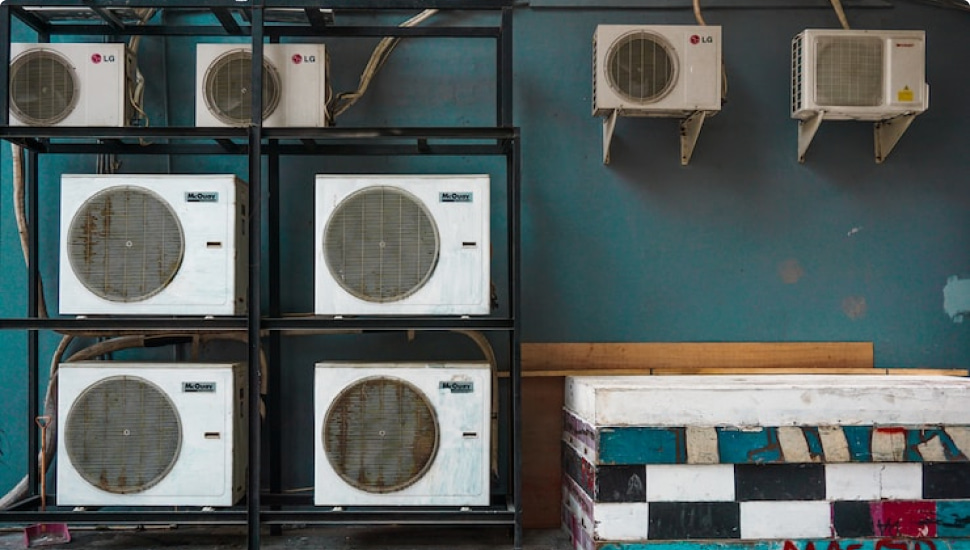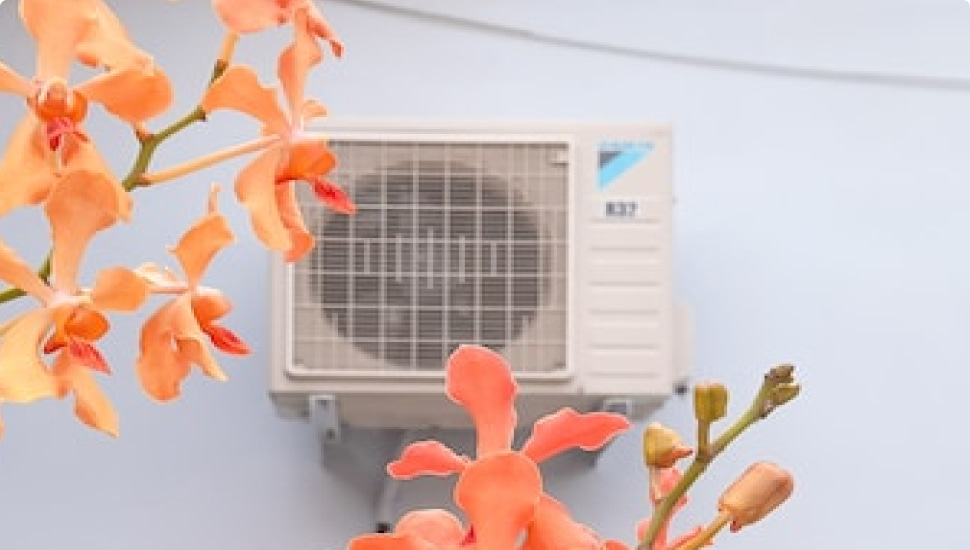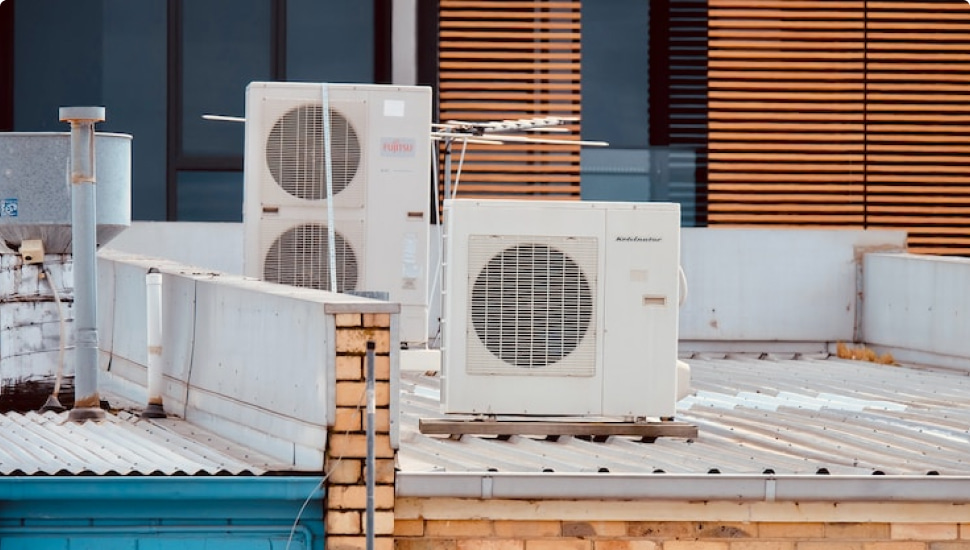Seeing ice on your air conditioner might seem unusual, especially during hot weather, but it’s a common problem that signals an issue with your system. Ice buildup can reduce efficiency, restrict airflow, and even cause long-term damage if not addressed quickly. Understanding the possible causes can help you determine whether a simple fix or professional repair is needed.
1. Restricted Airflow
One of the most common reasons for ice formation is poor airflow. When warm air can’t pass over the evaporator coils properly, the refrigerant inside them becomes too cold, causing moisture in the air to freeze. A dirty or clogged air filter, blocked vents, or a malfunctioning blower fan can all lead to restricted airflow. To prevent this, check and replace your air filter regularly and ensure vents remain open and unblocked.
2. Low Refrigerant Levels
If your system is low on refrigerant due to a leak or improper charge, the evaporator coil can become too cold and cause ice to form. Low refrigerant levels also make your AC work harder, increasing energy costs and wear on the system. If you suspect a refrigerant issue, it’s important to call a professional HVAC technician to inspect and recharge the system safely.
3. Dirty Evaporator Coils
Over time, dust and dirt can accumulate on the evaporator coils, insulating them and preventing proper heat absorption. This can cause the coils to freeze over. Regular maintenance, including cleaning the coils, helps ensure your system runs efficiently and prevents ice buildup.
4. Thermostat Issues
An improperly set or malfunctioning thermostat can cause your air conditioner to run longer than necessary, leading to excessive cooling and frozen coils. Make sure your thermostat is set at the appropriate temperature and is functioning correctly. If problems persist, a technician may need to recalibrate or replace the thermostat.
5. Outdoor Temperature is Too Low
Running your AC when the outside temperature is too low, typically below 60°F (15°C), can cause ice formation. Air conditioners are designed to work in warm conditions, and if the temperature is too low, the refrigerant may not cycle properly. If you need cooling during cooler weather, consider using fans or an alternative cooling method.
What to Do If You See Ice on Your AC
If you notice ice on your air conditioner, turn off the system immediately to prevent further damage. Allow the ice to melt completely before turning it back on. Check the air filter and vents for blockages, and if the issue persists, contact a professional to diagnose and repair the problem.
Regular maintenance and tune-ups can help prevent ice buildup and keep your air conditioner running efficiently. If you’re experiencing issues, schedule a service appointment with our expert technicians today! ❄️🏠


